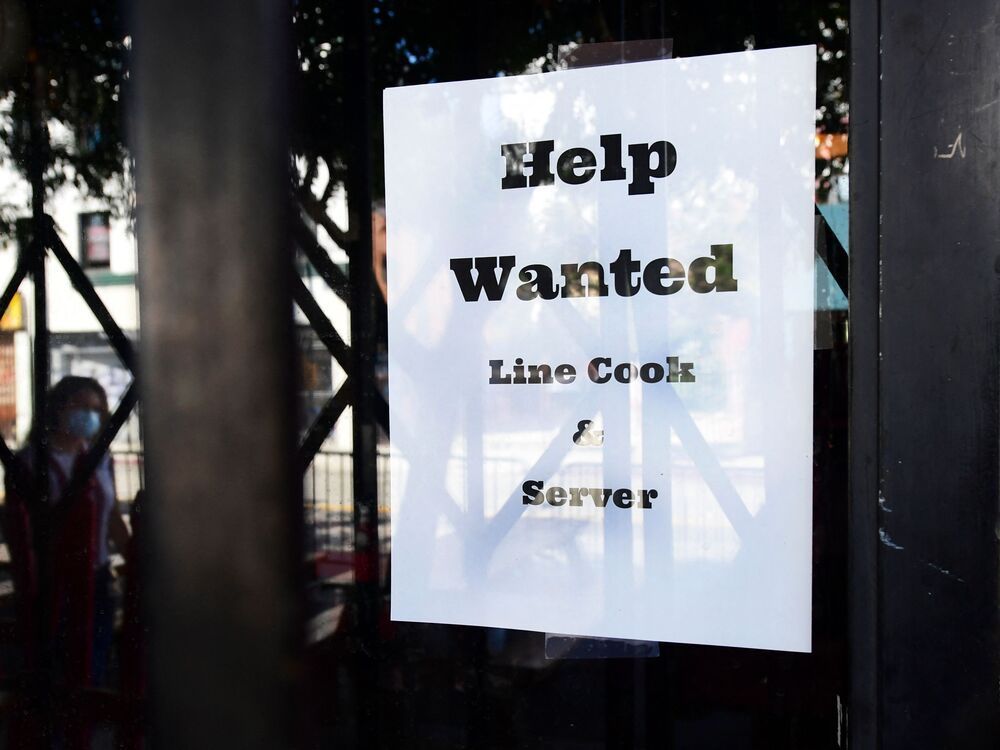Northern Light
Superstar
As they explain in the article, to avoid this the government has to make steep cuts to student immigration so that demand is cut to match this reduction in rental supply.
The reduction in foreign student is absolutely correct, but it has to greater than any reduction in rental supply, significantly so.
As they explained in the article, this is the only way to put young people in a position where they can compete with investors and older homeowners with capital. And they point out that longer amortizations should be reserved exclusively for the young who will see their incomes rising (which will allow them to pay down in the future).
You can raise their incomes and legislatively push most investors out, as I've explained.
These are better tools to reach the same goal.
At they point out, this has to be a one time thing and it's mostly about creating liquidity in the market by incentivizing student slumlords to sell their homes to buyers who actually want to live in the homes as their primary residence. That's not a policy that has to endure beyond the demand shock being implemented.
Again, I'm in favour of slashing the number of foreign students and TFWs so deeply that this will occur to a great degree w/o any incentives, particularly for housing that is operating outside the current legal framework. If you drop rental demand by up to 40%,in the GTA, those slumlords will see comparable losses in rent; meanwhile, wage suppression comes off, with extreme labour shortages driving both wage growth and productivity investment.
No need to reward those who created or exploited the problem.
These are all band aid solutions. And as they point out, none of these other ideas act in a timeframe relevant to young people looking at the crisis as acute or the party in power looking at a collapse in support.
We can outlaw short term rental tomorrow, and free up thousands of units in the GTA alone.
TFWs can see their permission to work here revoked, for 'public policy considerations'.
There's a page devoted to that here:
Revocation of work permit due to public policy considerations - Canada.ca
International Mobility Program: Authorization to work without a work permit
We could oust 500,000 in 12 months, the majority of those living in Toronto/Vancouver; and have them free up well over 100,000 units of housing.
That would still leave us with more double the number of TFWs we had in the year 2000:

Opinion: The worrying expansion of Canada’s Temporary Foreign Worker Program
Allowing the number of temporary foreign workers to rise to an astounding 777,000 has contributed to Canada’s growing housing crisis.
Moreover, who is going to even enforce rules like different cap gains rates based on number of renters? We barely enforce some rules against flippers now and every neighbourhood beside a college or university is becoming a slum with 10+ students in a house.
Fair, I agree that would be cumbersome.
This viewpoint is fundamentally part of the problem. Older people who are secure in their homes still think this is a policy problem to finesse.
I'm a renter, middle-aged, my money in stocks/mutual funds and the FX market. I've considered getting into the ownership space, but when I crunch the numbers, I don't want shift over 1/2 my portfolio into one place (the house/condo); which I would have to in order to get somewhere comparable or better than what I have as a renter.
There is no question, of course, the market is out of whack, but simply don't agree that imposing more debt on the young is the solution, I would rather de-value the asset class.
Meanwhile, young people literally see this crisis as a threat to their well-being. We' ve veered so far off the road, that the only thing that will work now, is a sharp course correction, with a snap of the steering wheel. Not some tweaking that might deliver results 15-20 years from now.
On this we agree, just as we do the need to curtail, significantly, foreign students and TFWs; we disagree on some of the other policy choices.
Last edited:




